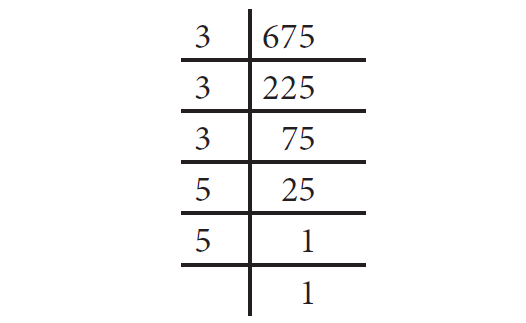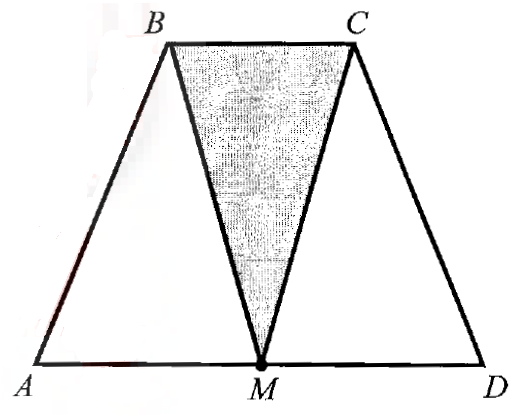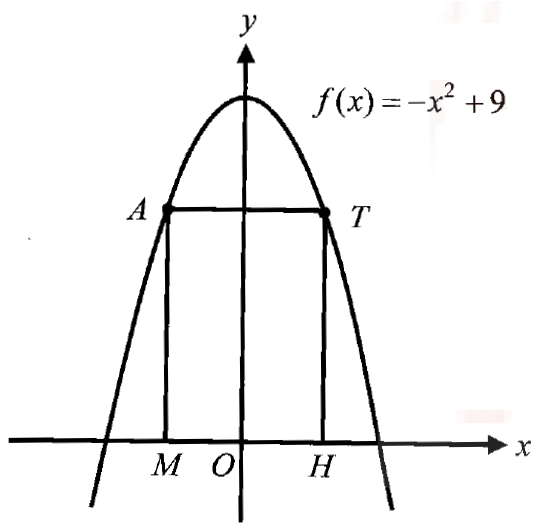CUBES AND CUBE ROOTS WORKSHEET
Problem 1 :
Is the cube of a positive number positive or negative? Give an example.
1. Answer :
The cube of a positive number is positive.
Example :
= 63
= 6 x 6 x 6
= 216
Problem 2 :
Is the cube of a negative number positive or negative? Give an example.
2. Answer :
The cube of a negative number is negative.
Example :
= (-5)3
= (-5) x (-5) x (-5)
= (+25) x (-5)
= -125
Problem 3 :
Is the cube of every even number even or odd? Give an example.
3. Answer :
The cube of every even number is even.
Example :
= 23
= 2 x 2 x 2
= 8 is even
Problem 4 :
Is the cube of every odd number even or odd? Give an example.
4. Answer :
The cube of every odd number is odd.
Example :
= 73
= 7 x 7 x 7
= 343 is even
Problem 5 :
If a natural number ends with one of the digits 0, 1, 4, 5, 6 or 9, does its cube also end with the same digit? Give examples.
5. Answer :
If a natural number ends with 0, 1, 4, 5, 6 or 9, its cube also ends with the same 0, 1, 4, 5, 6 or 9 respectively.
Example :
103 = 10 x 10 x 10 = 1000
113 = 11 x 11 x 11 = 1331
143 = 14 x 14 x 14 = 2744
153 = 15 x 15 x 15 = 3375
163 = 16 x 16 x 16 = 4096
193 = 19 x 19 x 19 = 6859
Problem 6 :
If a natural number ends with the digit 2 or 8, in what digit does it cube end with? Given example.
6. Answer :
If a natural number ends with 2 or 8, its cube ends with 8 or 2 respectively.
123 = 12 x 12 x 12 = 1728
183 = 18 x 18 x 18 = 5832
Problem 7 :
If a natural number ends with the digit 3 or 7, in what digit does it cube end with? Give Example
7. Answer :
If a natural number ends with 3 or 7, its cube ends with 7 or 3 respectively.
Example :
133 = 13 x 13 x 13 = 2197
173 = 17 x 17 x 17 = 4913
Problem 8 :
How will you find the sum of cubes of first n natural numbers? And also, find the sum of cubes of first 5 natural numbers.
8. Answer :
The sum of the cubes of first n natural numbers is equal to the square of their sum.
13 + 23 + 33 + .......... + n3 = (1 + 2 + 3 + .......... + n)2
Sum of cubes of first 5 natural numbers :
= 13 + 23 + 33 + 43 + 53
= (1 + 2 + 3 + 4 + 5)2
= 152
= 225
Problem 9 :
Will a perfect cube end with two zeros? Give an example.
9. Answer :
No, a perfect cube will not end with two zeros.
For example, 100 ends with two zeros, but it is not a perfect cube. 1000 is a perfect cube, but it ends with three zeros.
Problem 10 :
How many digits may the cube of a two digit number have?
10. Answer :
The cube of a two digit number may have 4 or 5 or 6 digits in it.
The smallest two digit number is 10.
103 = 1000 (four digits)
The largest two digit number is 99.
993 = 970299 (six digits)
Problem 11 :
Is 400 a perfect cube?
11. Answer :
No. 400 is not a perfect cube. Because it ends with two zeros.
Problem 12 :
Find the smallest number by which 675 must be multiplied to obtain a perfect cube.
12. Answer :

By prime factorisation, we have
675 = 3 × 3 × 3 × 5 × 5 ----(1)
Th ere is only one triplet. To make further triplets, we will need two more 2’s and one more 5. Therefore, 400 is not a perfect cube.
Grouping the prime factors of 675 as triplets, we are left over with 5 × 5.
We need one more 5 to make it a perfect cube.
To make 675 a perfect cube, multiply both sides of (1) by 5.
675 × 5 = 3 × 3 × 3 × 5 × 5 × 5
3375 = 3 × 3 × 3 × 5 × 5 × 5
Now, 3375 is a perfect cube. Th us, the smallest required number to multiply 675 such that the new number perfect cube is 5.
Problem 13 :
Find the cube root of 64000.
13. Answer :
By prime factorisation, we have
64000 = 2 × 2 × 2 × 2 × 2 × 2 × 2 × 2 × 2 × 5 × 5 × 5
Cube root of 64000 :
Problem 14 :
Evaluate :
14. Answer :
Problem 15 :
Evaluate :
15. Answer :
Kindly mail your feedback to v4formath@gmail.com
We always appreciate your feedback.
©All rights reserved. onlinemath4all.com
Recent Articles
-
Digital SAT Math Problems and Solutions (Part - 139)
Apr 08, 25 08:18 AM
Digital SAT Math Problems and Solutions (Part - 139) -
Digital SAT Math Problems and Solutions (Part - 138)
Apr 07, 25 07:22 AM
Digital SAT Math Problems and Solutions (Part - 138) -
Implicit Differentiation Problems and Solutions
Apr 06, 25 11:54 PM
Implicit Differentiation Problems and Solutions

